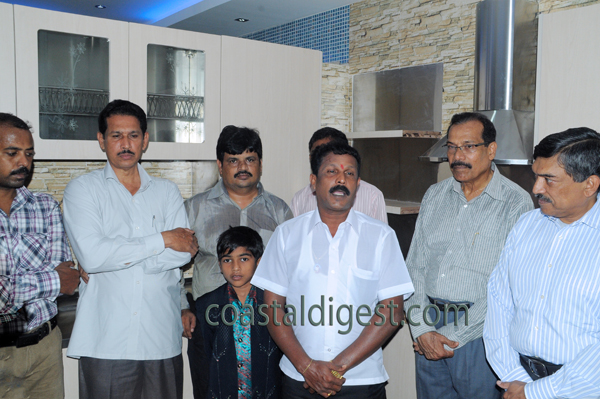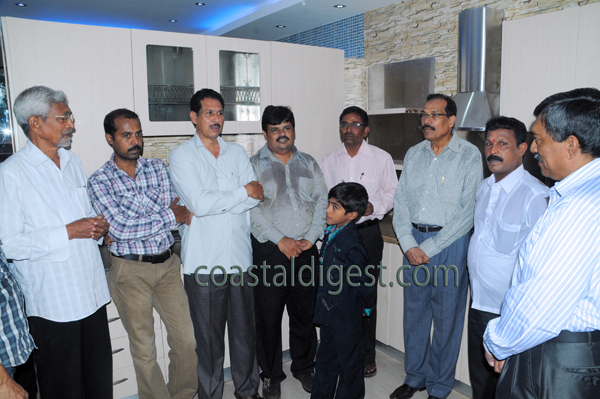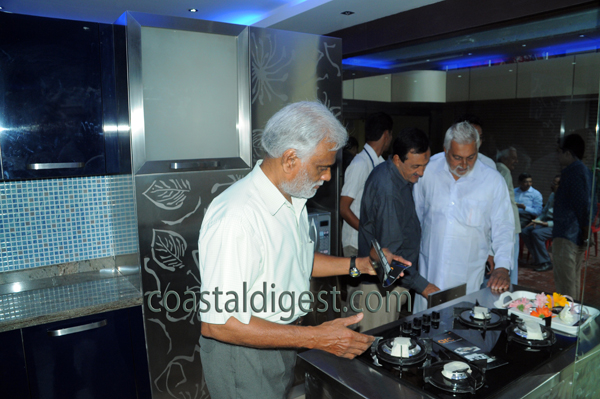Mayor Pravin Anchan inaugurated the showroom.
According to Muhyuddin Muhammad, Managing Director, I-Track Contracting and Test, the JSL offers state-of-the-art design solutions in the spectacular medium of Stainless Steel. The technology which has been advanced with the theme “Sanitised Life” helps the products to cope up with the salty weather of coastal region of this area.
The products also enhance the beauty and safety of the kitchen. It also prevents the products from rusting (Oxidation), he said.
Aneesh, Product designer, Sulthan Abdul Khader of Marketing department and others were present.











Comments
Pleas give phone number
Please give address of your shop and confirm whether that shop will be open on Sundays
El estudio demostró que los usuarios comprendían que el branded content es parte
integrante de las estrategias publicitarias de las marcas.
Also visit my web-site marca wikipedia contenido español: http://ufxtrading.com/article/article.php?id=33146
Add new comment